Description
This book is a memoir about my life in Russia, the country where I was born and worked for many years. It was not my motherland but rather a cruel stepmother. Most of my family were victims of the Nazi Holocaust. If I, then at the age of nine, had been in some territory, occupied by the Nazis, I would have shared their fate. Much later, after Stalin’s death, I was able to realize the terrifying scale of the Holocaust.
What happened with the Jews in USSR after the Holocaust, the generation to which I belong? During the war, Soviet Jews fought at the front and together with other nations brought Victory over fascism. But soon after the war, they found themselves the object of a policy whose goals coincided with the one that Hitler had tried to fully implement — the elimination of the Jewish people. Unlike the physical genocide of the Nazis, the Soviet Communists carried out their program of the “final solution of the Jewish question” through forced assimilation, spiritual genocide. Almost all public Jewish national organizations were banned already in the early years of Bolshevik rule. Jewish community and Jewish education were eliminated, the teaching of Hebrew was banned. Jewish history, everything from the biblical patriarchs to the still living history of the Holocaust, was closed for Russian Jews. New generations had no opportunity to get acquainted with the heritage of their ancestors.
It was a spiritual catastrophe, a break in the connection of generations. A semblance of the drama of Shakespeare’s hero — The connection of the times was broken (Hamlet) — on the scale of an entire nation. The Soviet version of the “final solution” was pragmatic: the Jewish people was liquidated, but the Jews themselves remained alive, but ceasing to be Jews, deprived of their national identity in anything. It was the Holocaust without Auschwitz, the national-cultural genocide of the Soviet Jews.
During more than a half century that I lived in the USSR, I was the object of this policy for the spiritual destruction of my people. Fate, however, saved me from the destiny of becoming its victim, completely assimilated, losing one’s Jewish identity. This is what happened to many Jews in the USSR.
Since the early 1970s, when I became a refusenik, I participated in the Jewish movement, which, in addition to the main task of fighting for repatriation to Israel (Aliyah), also had an important mission — to oppose the policy of spiritual genocide through illegal cultural activity. Its primary forms were distribution of Jewish samizdat, private Hebrew teaching, organization of home seminars on Jewish culture and religion, etc. That’s how Jewish self-consciousness was strengthened, the connection of times in the history of Russian Jewry restored. Participation in these processes gave me an understanding of the essence of the Jewish question in the USSR. And when I was arrested, I got another — during investigation, in the courts, in the camps — a unique opportunity to better understand the essence of the anti-Jewish policy of the regime.
I must say that this book was delayed. It should have been written some thirty years ago. But then, during perestroika, fundamental changes in the USSR began to take place for the Soviet Jews as well. The connection of the times of Jewish existence, which had been severed during the Soviet regime, was being restored. Vital assistance for resurrected Jewry was provided by the former activists of the Jewish movement in the USSR with great support from Jewish organizations in the West. I joined the work of the revival of Jewish culture in the new Russia. The time was not suitable for writing memoirs.
But that time has come. This is my story and that of those times, a narrative of the tragic and heroic events in the history of Russian Jewry. I am already advanced in age, and am grateful to the Creator of everything for giving me time and strength to carry out the important duty of writing these notes about the great common struggle for the salvation of Soviet Jews from the captivity of the “Red Pharaoh.”
— Yosef Begun


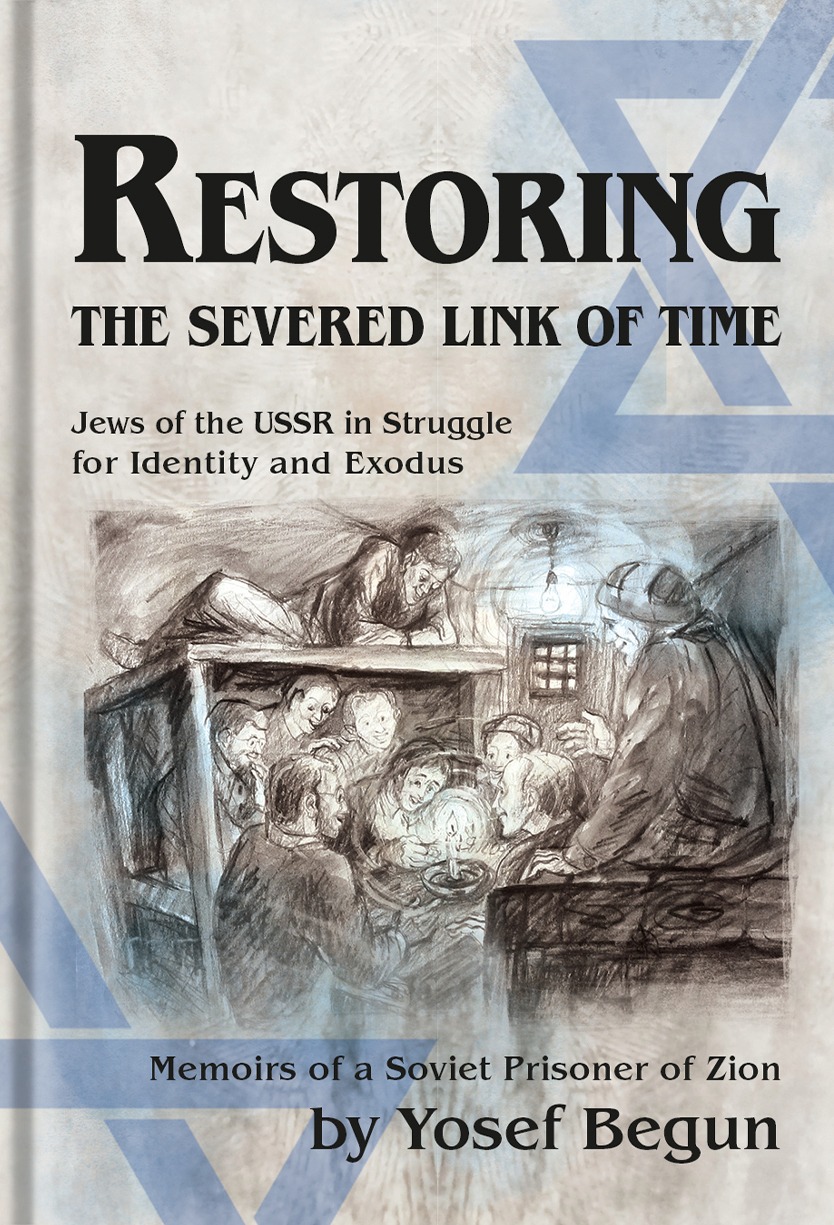
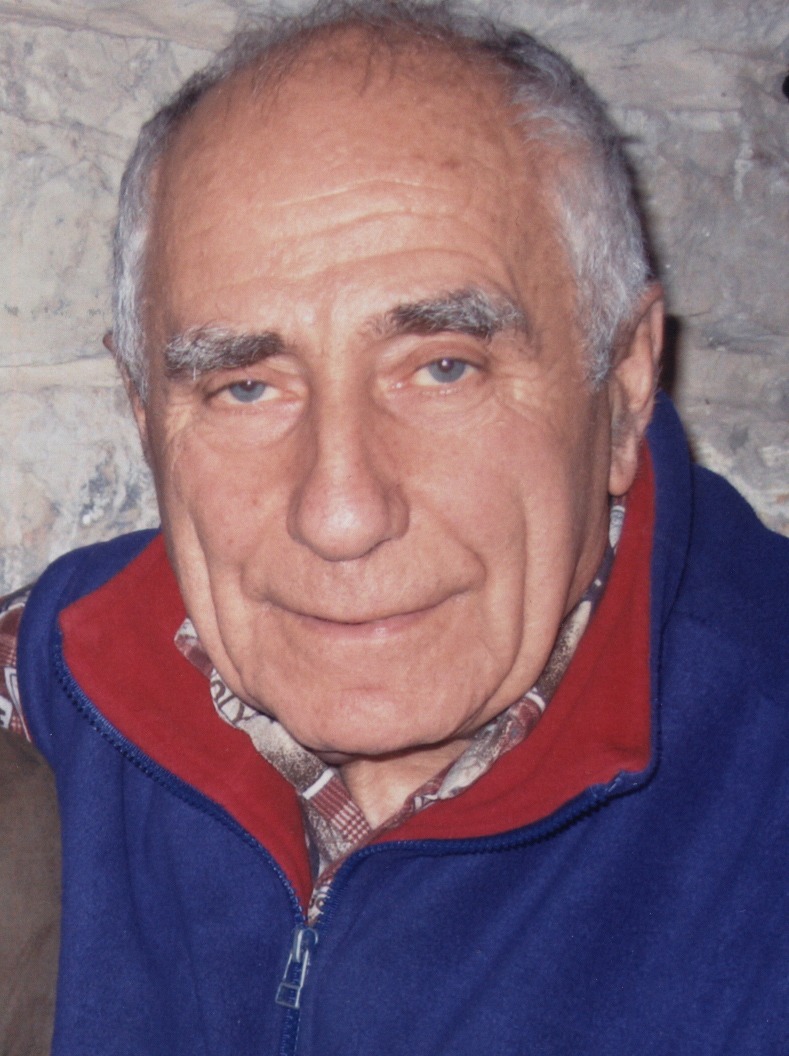 Yosef Begun — a Soviet dissident, refusenik, prisoner of Zion, and fighter for the rights of Soviet Jews. An engineer by training, with a Ph.D., he worked in the aviation and radio industries of the USSR. After the Six Day War, he submitted documents to leave for Israel, but did not receive permission and became a refusenik. For almost twenty years — until the end of the communist regime — Yosef Begun was involved in human rights activities, mainly aimed at legalizing Jewish culture in the USSR, teaching Hebrew, and supporting Soviet Jews who were denied the right to travel abroad by the state. He was arrested several times and spent many years in prisons, forced-labor camps and exile.
Yosef Begun — a Soviet dissident, refusenik, prisoner of Zion, and fighter for the rights of Soviet Jews. An engineer by training, with a Ph.D., he worked in the aviation and radio industries of the USSR. After the Six Day War, he submitted documents to leave for Israel, but did not receive permission and became a refusenik. For almost twenty years — until the end of the communist regime — Yosef Begun was involved in human rights activities, mainly aimed at legalizing Jewish culture in the USSR, teaching Hebrew, and supporting Soviet Jews who were denied the right to travel abroad by the state. He was arrested several times and spent many years in prisons, forced-labor camps and exile.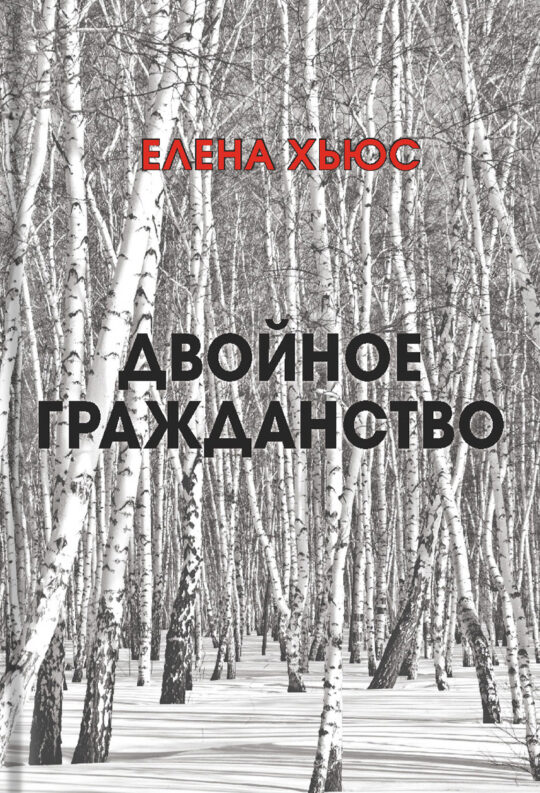
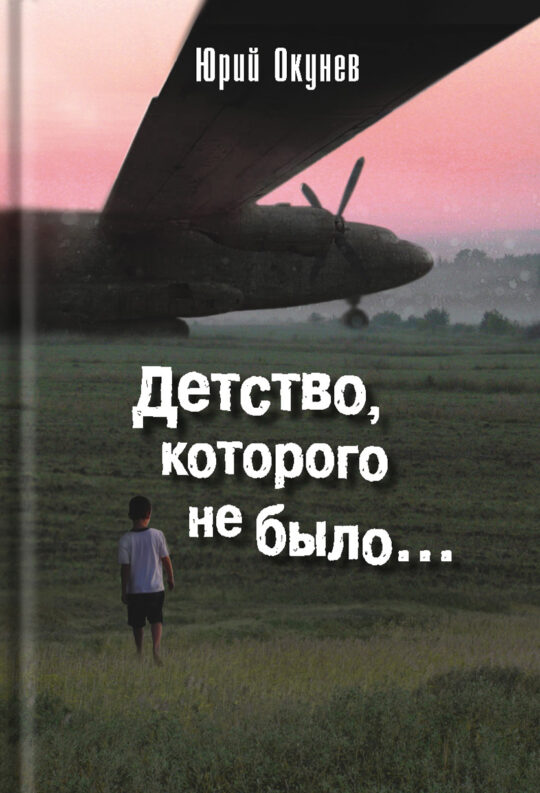
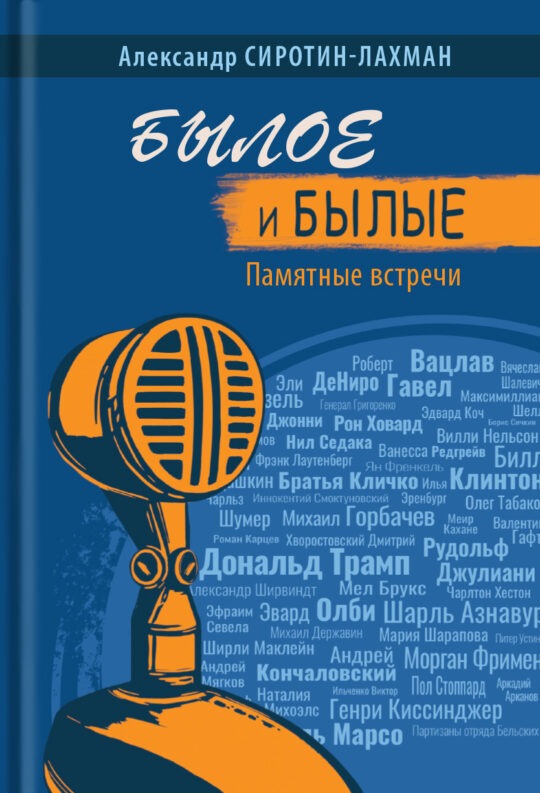
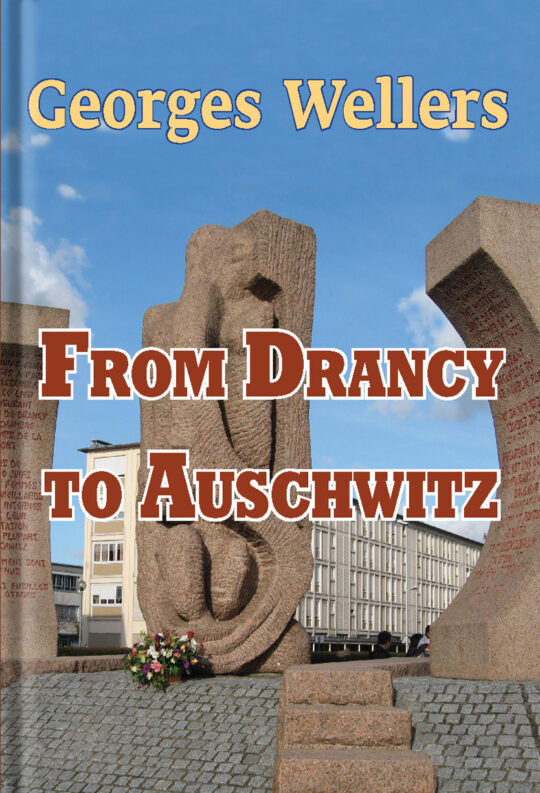
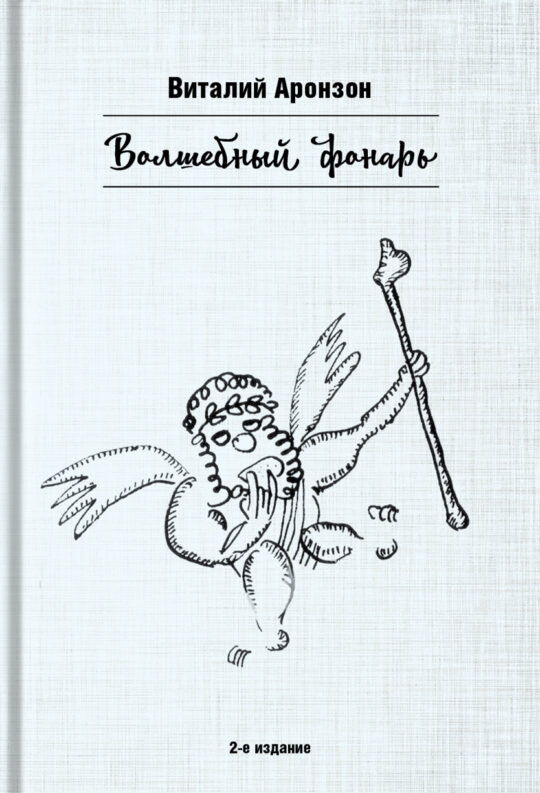
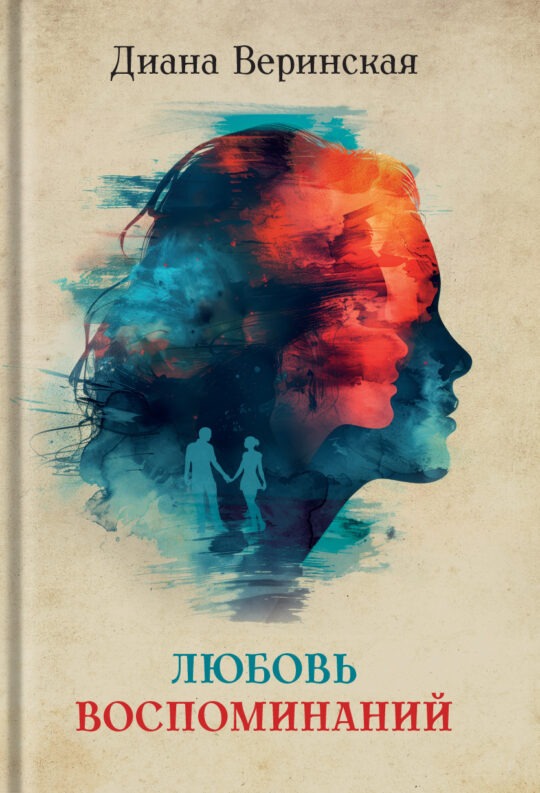
M•Graphics
…The publication of Begun’s book is very timely. From it, one can learn about the epic history of the Soviet Jews who fought for their physical, spiritual, and moral liberation from the captivity of the red pharaohs. It is still possible to prevent the oblivion of this fantastic victory of the Jews in the 20th century, to tell our descendants about the severity of the struggle and the sweetness of freedom, to say yashar koach (May the Almighty give you strength) to those who, as the author of this book, devoted their lives to the Jewish movement for revival and freedom of the Jews in the former USSR.
—Michael Chlenov, Professor, Head of the Euro-Asian Jewish Congress Strategic Council
Yosef Begun is not only a hero of the Jewish people, he symbolizes the eternal human struggle for liberty from oppression.
—Alan Dershovitz, Attorney and Law Professor
My friend and comrade in arms Yosef Begun — not just a prisoner of Zion, but one of iconic figures of the Jewish national liberation movement in the USSR — kept for future generations a testimony of an onlooker and participant of the struggle, that is a unique example of the victory “of the weak over the strong, the few over the many”, victory of modern Maccabees, who defended freedom and national dignity and preserved the cultural heritage of their people.
—Nathan Sharansky, Israeli politician, human rights activist
Memoirs of a Soviet Prisoner of Zion is a compelling and historic autobiography of Yosef Begun, a true modern day Jewish hero. Begun describes the arc of his life from a “refusenik” underground Hebrew teacher in the USSR, to surviving the Soviet Gulag labor camps, to his release due to an intense campaign for his freedom in the West, to his arrival to Israel, the country of his dreams. Read the book — and be inspired!
—Glenn Richter, former National Coordinator of Student Struggle for Soviet Jewry